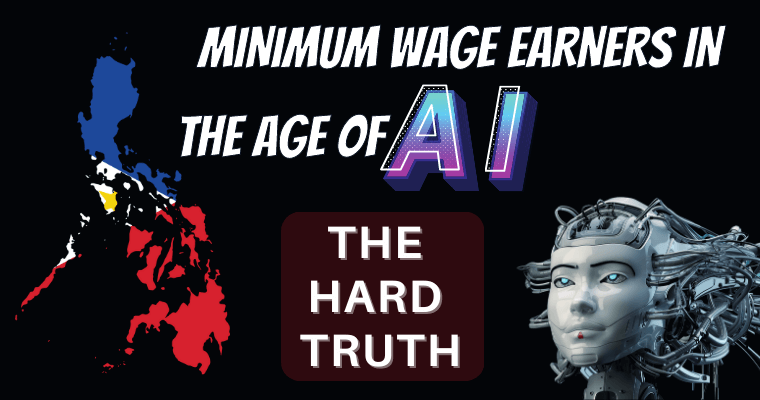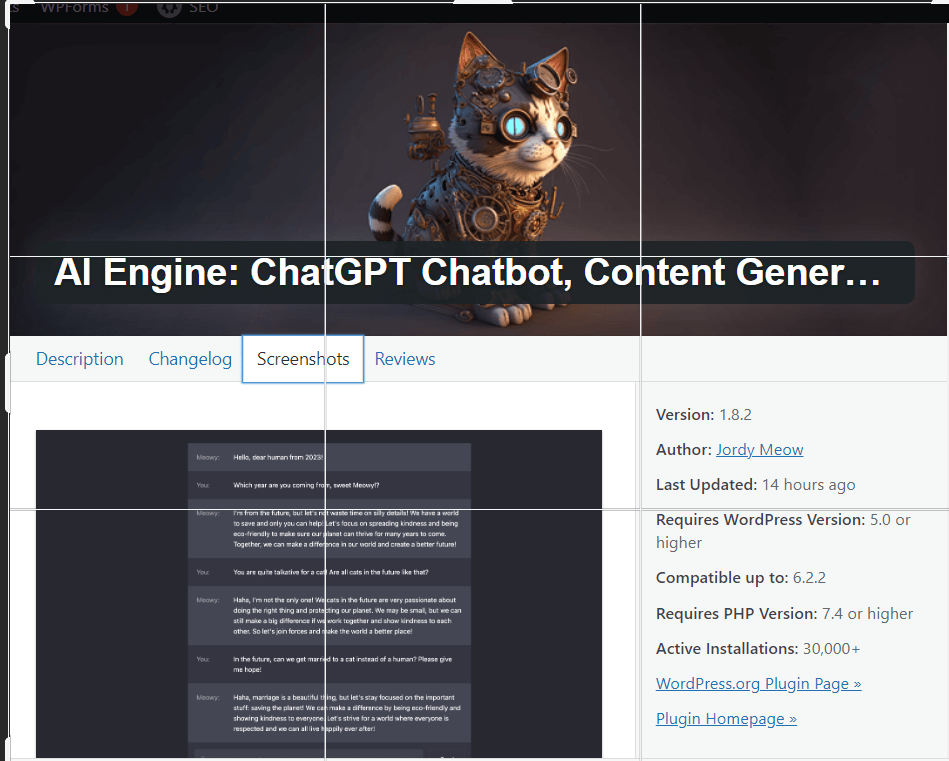AI tools are rapidly reshaping how we create, communicate, and build. From pitch decks made in seconds to logos generated with a few clicks, the possibilities seem endless—and efficient. But behind the convenience is a growing risk: What happens when your entire business, content, or community depends on a platform you don’t own?
As AI centralizes power into fewer systems—whether it’s a language model, a social media algorithm, or a cloud-hosted design suite—Filipino entrepreneurs and creators must ask a critical question:
Are we building with tools—or being built by them?
🧠 The Illusion of Convenience
Centralized platforms promise speed, access, and reach. And for small businesses, startups, and freelancers in the Philippines, it’s tempting to rely entirely on tools like:
- Google Workspace for operations
- Canva for branding
- ChatGPT or Copilot for content creation
- Facebook or TikTok for visibility
These tools undeniably help. But if your entire workflow, data, and digital identity live inside someone else’s system, ownership is an illusion.
One platform update, monetization change, or content restriction, and your business can stall overnight.
🧭 Why Decentralization Matters Now More Than Ever
In the AI era, decentralization isn’t just a tech buzzword—it’s a resilience strategy. That means:
- Diversifying toolsets: Using a mix of AI engines (e.g., Gemini, Copilot, open-source models) to reduce output sameness and reliance
- Backing up workflows offline: Ensuring creative assets and templates are accessible without cloud login
- Documenting and localizing: Building brand systems that can move across platforms—and speak to local audiences
- Creating prompt libraries and data sets that are culturally attuned and community-owned
True decentralization enables flexibility, sovereignty, and long-term control.
🧱 Lessons from Filipino Resilience
Filipino culture already offers decentralized thinking:
- Bayanihan demonstrates that power isn’t centralized—it’s shared
- Diskarte culture thrives on navigating complexity with resourcefulness
- Barangay-led innovations (e.g., community radio, localized disaster response) remind us that control close to home matters
In essence, decentralization isn’t new. It’s already a part of how Filipino communities operate—tech just needs to catch up.
🛠️ What You Can Do Now
- Audit Your Platform Dependency – Where does your business fully rely on one tool or service?
- Train for Portability – Use prompt engineering, cloud backups, and transferable design assets that work across platforms.
- Join or Build Community-Led Tech Networks – Share prompts, datasets, and feedback loops rooted in the Filipino context and values.
- Explore Alternatives – Open-source tools, decentralized hosting, and local collaborative spaces ensure that your work remains yours.
🐾 Final Thought
Technology moves fast. But ownership, context, and cultural relevance must move faster.
Decentralization isn’t just protection—it’s power. And for Filipino creators and entrepreneurs navigating the AI wave, it’s the difference between building value and being reduced to a feed.
Use AI. Benefit from platforms. But never forget: If your voice only exists inside someone else’s system, it’s not really yours.







